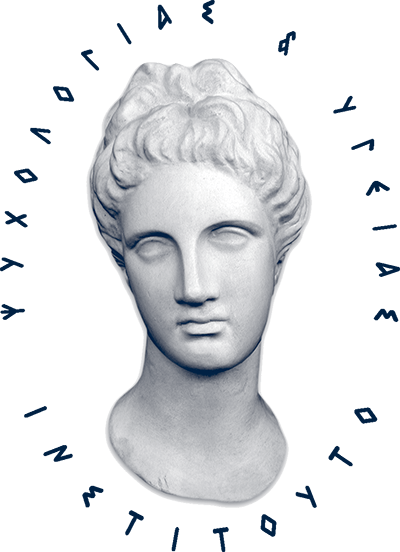Mentalization
Most psychotherapy models assume that the client has an inner world, a self and the ability to relate- regardless of how inadequate or blocked those may be.
However, clinical experience has shown that we should not assume these attributes. Particularly borderline, psychotically and psychosomatically organized clients manifest many problems in the area of mentalization and symbolization.
In this workshop we will focus on the work of Peter Fonagy and other attachment theorists to study the mentalization process which takes place during infantile life and leads to the formation of their inner world. We will also discuss clinical interventions to use with adult clients with inadequate mentalization skills, which may help them develop further those skills and deepen their inner world.






